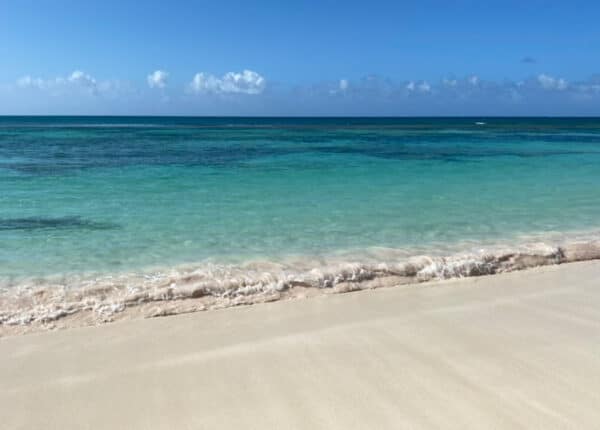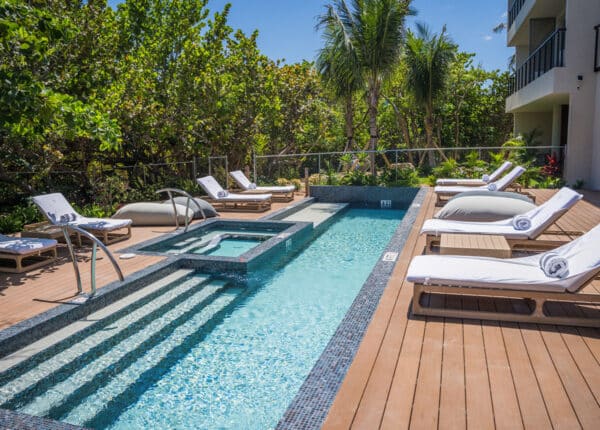By Jevon Minto
Op-Ed Contributor
The International Monetary Fund’s Director for the Western Hemisphere Department, Alejandro Werner, warned this week, during a forum held in Montego Bay on Unlocking Economic Growth in the Caribbean, that the likelihood of fallout in the financing of the PetroCaribe agreement had increased; resurrecting fears of economic instability in the Caribbean.
PetroCaribe is an agreement between Venezuela and some 17 Caribbean territories to purchase oil on preferential payment conditions.
The agreement, which began in 2005, allows beneficiary nations to buy oil at market value but only pay a percentage of the cost up front.
The balance can be paid over 25 years at 1 percent interest as long as oil prices exceed US$100 per barrel. Seventy percent of payments may be deferred if oil reaches US$150 a barrel.
According to Werner, the aforementioned fallout “could result in the oil exports from Venezuela declining by US$15 to US$20 billion annually,” he said, meaning that beneficiary nations of this deal will have to dig deeper in their treasuries to mitigate against any drastic increase in oil prices that could come about as a result in this adjustment.
The writing has been on the wall since last year, and, as such, beneficiary nations should be prepared when the adjustment in the deal becomes inevitable — that means ensuring that the local population is not ominously affected.
Venezuela, the country with the largest oil reserve in the world – ended 2013 with an inflation rate of 56 percent – that there is a big problem – not only on the basis that Venezuela has oil but because those who are benefitting from the country’s ailing economy – through PetroCaribe – continue to do so without, seemingly, without regard for the local economy.
Between 2006 and 2011, Jamaica’s total liabilities to Venezuela under the PetroCaribe Development Fund (PDF) amounted to J$164 billion (official checks on the digital version of the Jamaica Gleaner revealed).
Can you imagine the collective liability of all 17 countries to Venezuela?
Yet Venezuela was last year plagued by shortages of basic food items including powered milk and – toilet paper; the currency used by the country weakened against the US dollar and the ratings agencies downgraded the country’s bond status to junk.
I am not in a position to prescribe specific amendments to the current agreement but clearly the percentage at which oil is purchased upfront must be constrained, the balance of payments must be paid within a reduced timeframe instead of 25 years and interest rate must be increased and, on no conditions, should countries be able to defer payment.
A collapse in the Venezuelan economy is a collapse for all economies under the deal.
PetroCaribe will eventually be forced to maximize its welfare and then Caribbean beneficiaries and others will have to pay for oil the old-fashioned way.
Somewhere down in the future of Venezuela, the country will have to hike gas prices – but, importantly for the Caribbean, based on history, the first move cannot be in house.
The last time Venezuela tried to hike gas prices, in 1989, there were riots in the streets.
Venezuela’s President, Nicolas Maduro, can’t raise gas prices meaningfully without setting off an even greater populist uprising than the one that also wrecked the country last year.
But without change, the Venezuelan economy and its state-run oil company Petroleos de Venezuela cannot last long.
Petro Caribe signatory countries cannot alleviate Venezuela’s ailing economy, but they have a part to play.
In short order, Maduro will have to make a choice.
My question is, will the Caribbean really allow Venezuela to continue to fail or will they use the “egalitarian” way out and pay for oil at a higher rate?
Maduro must address the extreme overvaluation of the Venezuelan currency and the scarcity of basic goods. The barter system of PetroCaribe is reaching exhaustion. It’s time to rethink it.
Jevon Minto is a senior journalism student at Northern Caribbean University.
Note: the opinions expressed in Caribbean Journal Op-Eds are those of the author and do not necessarily reflect the views of the Caribbean Journal.







